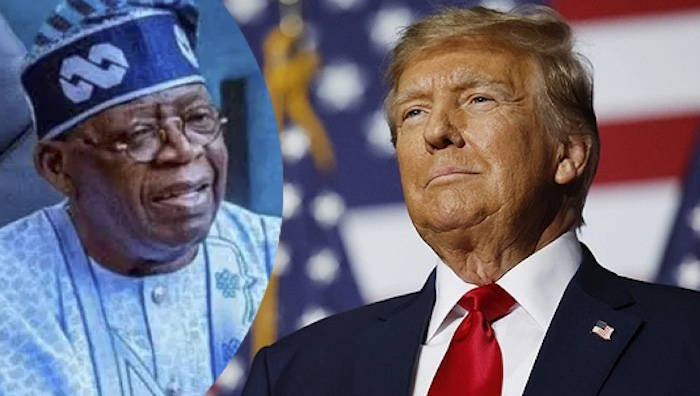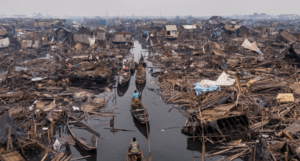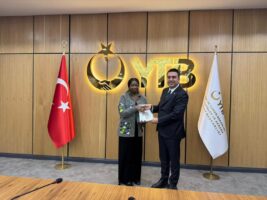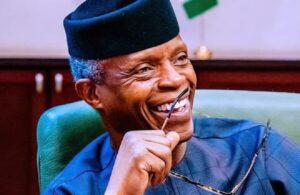There are moments in history when a nation’s dignity is tested not by the bullets of war but by the tone of another country’s voice. President Donald Trump’s recent remarks on Nigeria, coupled with his threat of possible military action under the pretense of “protecting Christians,” fit this scenario.
Let me speak plainly, not as a politician or diplomat, but as a proud Nigerian who values our sovereignty, unity, and the truth.
Yes, Nigeria Has Security Challenges. But We Are Not a Colony.
No honest Nigerian will deny that our country has been grappling with insecurity. From Boko Haram to banditry and communal clashes, we have lost far too many of our brothers and sisters — Christians and Muslims alike including those without any affiliation to any religion . Every life matters, and every Nigerian death inflicts gaping wounds on our collective national conscience.
However, acknowledging our challenges does not give foreign powers the right to lecture us with condescending tones and veiled threats.
Nigeria is not a fragile plantation to oversee. We are a sovereign nation with 200 million voices, not subjects waiting for a foreign savior.
Let’s Separate Compassion From Grandstanding
There is a difference between offering help and seeking publicity. The President of the United States raised a genuine concern — religious attacks are real. Many Nigerian families have faced unimaginable pain. The right response is to mourn with them, protect them, and strengthen policies to prevent future tragedies.
But when the discussion shifts from empathy to threats of military intervention, it loses its moral standing and turns into geopolitical theater of comedy .
No Nigerian problem has ever been solved by intimidation from abroad. What we need is support, intelligence sharing, and strategic investment, not threats hurled across continents like a challenge in a street fight.
The Danger of Oversimplifying Nigeria’s Realities
Reducing Nigeria’s security crisis to a “Muslims versus Christians” narrative is not just misleading — it is inflammatory and dangerous. Our issues are complex:
• Extremism and terrorism
• Armed banditry
• Inequality and poverty
• Weakened security systems
• Historical ethnic tensions
• Land and resource disputes
Framing it as a holy war may energize political bases abroad, but it risks inflaming tensions here at home. Leaders should aim to calm conflicts, not stir them up for applause.
Nigerians Will Fix Nigeria — But Allies Are Welcome
Read Also
We do not reject friendship. We reject paternalism.
We do not reject cooperation. We reject coercion.
We do not reject support. We reject any claim of ownership.
If the United States truly wants to help, it can:
• Provide more intelligence support against insurgents
• Strengthen joint counter-terrorism initiatives
• Invest in development and peace-building in conflict-prone areas
• Work with ECOWAS and the African Union diplomatically
• Assist in modernizing equipment and training for our armed forces
That is partnership. That is respect. And that is how nations create lasting peace.
A Patriotic Call to Nigerians
This is not the time for division or emotional outrage. It is a time for clarity and unity. We must keep demanding better security from our government, higher accountability from our institutions, and stronger collaboration with global allies — on our terms, not at gunpoint.
Nigeria is not perfect. But we are not helpless. We are not voiceless. And we are not waiting for foreign permission to rise.
We are a nation with pride, capability, and destiny — and we will defend our sovereignty with intelligence, diplomacy, and determination.
Final Word
True friends do not threaten war in the name of justice. They stand beside you, not above you.
President Trump’s comments should remind us of a simple truth: The world will only respect Nigeria as much as Nigerians respect Nigeria.
We stand strong.
We stand united.
We stand sovereign.
And we will determine our own future.
This article is written by By Dr. Abiola Oshodi M.D.,F.R.C.P.C.





